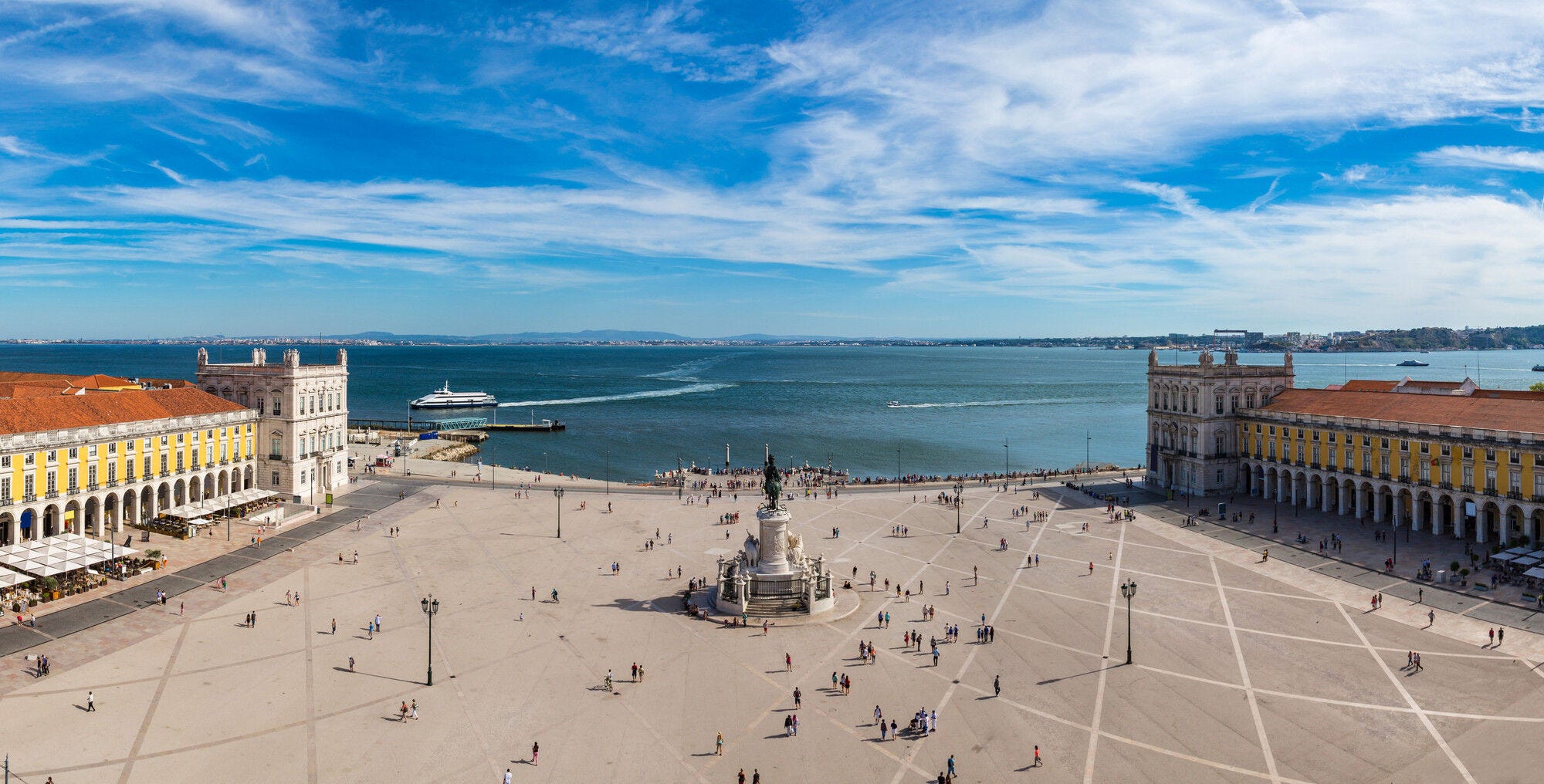Despite the difficult economic climate, Portugal has continued to develop and reform its energy policies since the previous International Energy Agency (IEA) in-depth review in 2009. These changes have resulted in greater economic activity in the energy sector, increased renewable energy deployment, further market liberalisation and greater emphasis on energy efficiency in policy making.
A new strategy emphasising renewable energy and energy efficiency has focused efforts on meeting national and European energy policy objectives, as Portugal seeks also to lower investment costs and greater national competitiveness. The new strategy includes proposals to reinforce interconnections with transnational European electricity and natural gas networks, and measures to promote economic and environmental sustainability. The strategy should accommodate regular independent reviews and monitoring tools to examine implementation of energy policy to ensure that it remains relevant and cost-effective.
Following the economic crisis, Portugal was left with a substantial tariff deficit as retail electricity tariffs were set below costs, including subsidies to renewables. Portugal’s plan to address the tariff deficit was the outcome of a negotiation process with industry stakeholders. Eliminating the tariff debt by 2020 is a significant challenge. The government must ensure swift implementation of all reform proposals and continue its efforts to identify further potential cost-saving measures in the energy sector.
This review analyses the energy policy challenges facing Portugal and provides recommendations for further policy improvements. It is intended to help guide the country towards a more secure and sustainable energy future.










